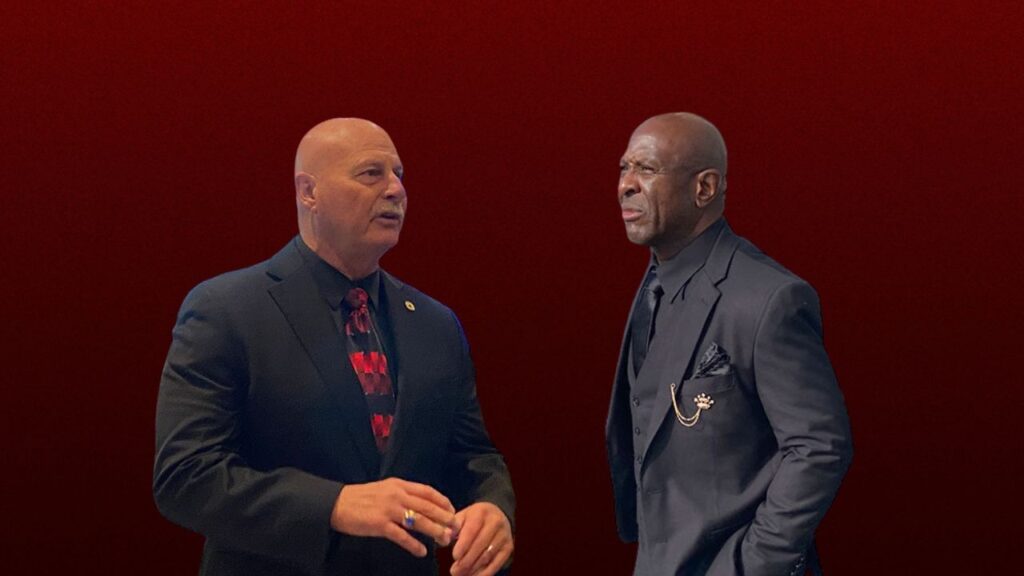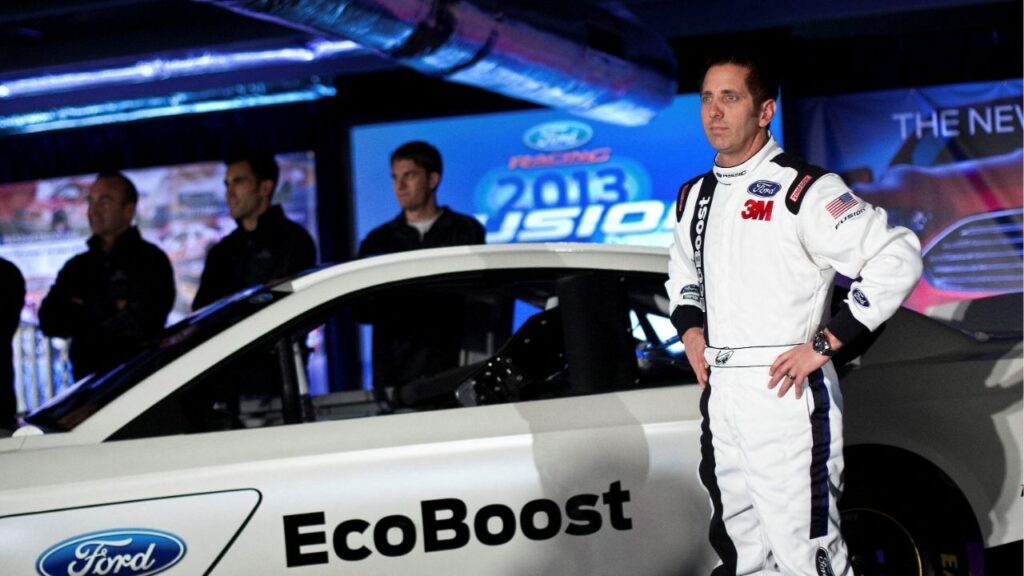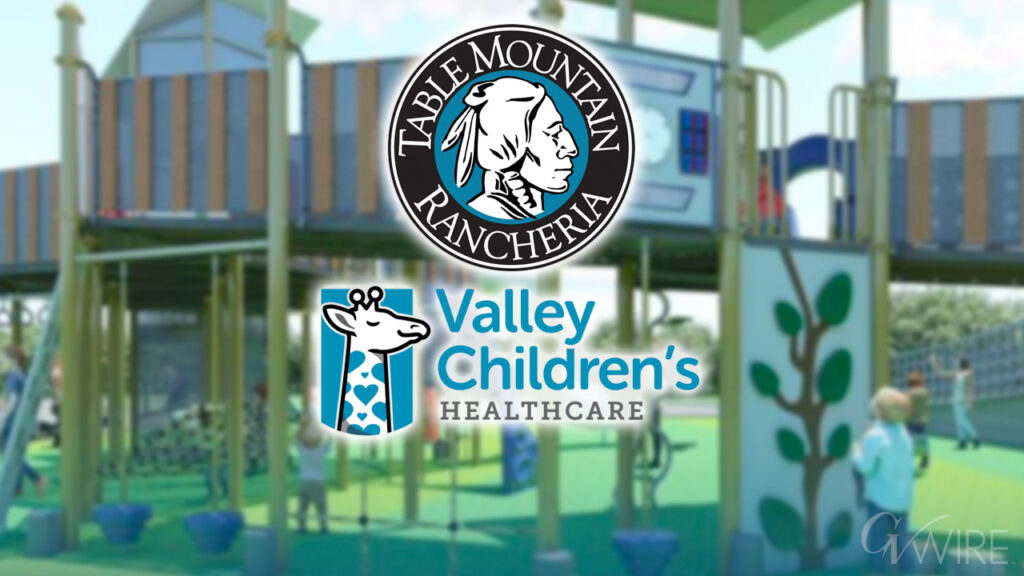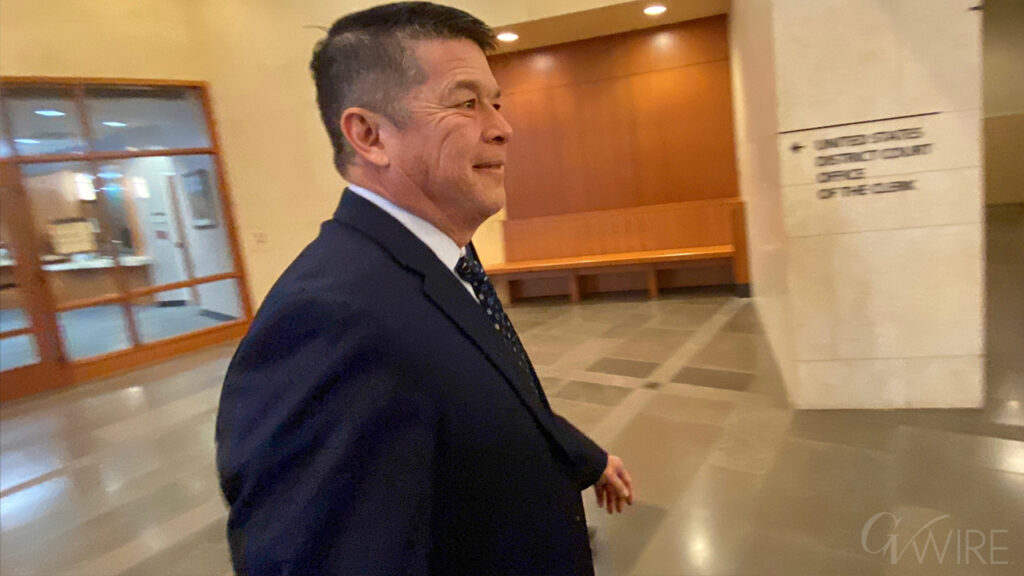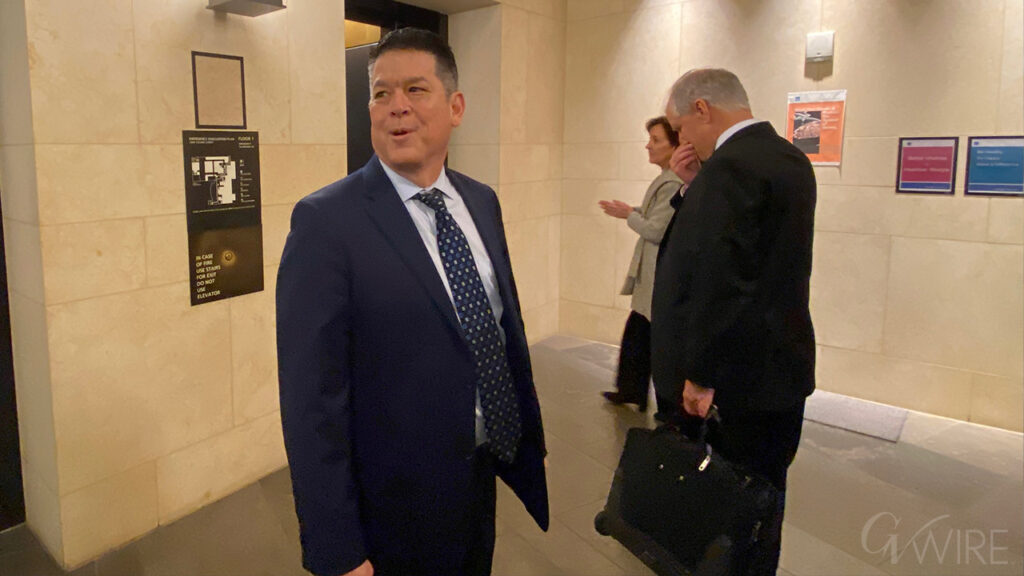
- Fresno County mayors give a coalition of environmental and social justice groups the biggest voice in Measure C tax spending.
- At stake: How much of the multi-billion fund goes to roads, whether urban or rural, and how much goes to transit?
- The city of Fresno, with 53% of the county's population, is assigned 8% of the seats on Measure C steering committee.
Share
|
Getting your Trinity Audio player ready...
|
After saying “numbers don’t matter,” Fresno County’s mayors gave a nonprofit coalition previously opposed to Measure C one-third of the votes on how future transportation tax funds would be spent.
On Thursday night, the Fresno Council of Governments awarded Transportation 4 All, led by advocacy groups Building Healthy Communities and Leadership Council for Justice and Accountability, 12 votes of the 38 total on the Measure C steering committee. For reference, the city of Fresno has three.
That steering committee will recommend how the multi-billion dollar fund should be distributed: the percentages to rural and urban areas as well as roads, highways, sidewalks, and public transit.
Ultimately, the mayors of Selma, Kingsburg, and Reedley voted against the plan as did Fresno County’s representative, supervisor Garry Bredefeld. Twelve of the other mayors voted for the plan. Sanger Mayor Frank Gonzalez was not present.
Fresno COG retains the final say on the plan that will be presented by Sept. 11. Voters need to approve it in 2026 or the half-cent tax expires.
Transportation 4 All Claims It Defeated the 2022 Measure C
Leaders from Transportation 4 All claimed they successfully killed the last Measure C renewal effort in 2022. More recently, rumors floated that the group would create its own competing ballot initiative. That led Parlier Mayor Alma Beltran to say would be best to have the coalition on COG’s side.
“Last time, it didn’t pass and we didn’t have their input. They were not part of the steering committee,” Beltran said. “What we’re trying to do is work for our community and get this measure to pass.”
With no promises that Transportation 4 All still wouldn’t author a competing ballot initiative at some point, Bredefeld called the group’s tactics “blackmail.”
“(The COG) allowed themselves, in a sense, to be blackmailed. … That’s really what this is about,” Bredefeld said. “And they let them put 12 people on a steering committee that has a total of 26 before they do it. The city of Fresno only has three. Most of the cities in Fresno County only have one representative.”
Related Story: Can Steve Brandau Help Rescue the Fresno County Transportation Tax Renewal?
‘Disrespectful’ to Give Transportation 4 All Less Than 12 Votes: Levine
Mayors emphasized that having multiple ballot initiatives would ruin the chances of renewing Measure C. Mayors also said that the spending decisions need to rest with elected officials rather than advocacy groups.
To quell opposition, nonprofit Central Valley Community Foundation brokered a deal between Fresno COG and Transportation 4 All. In presenting the plan, Clovis City Councilmember Lynne Ashbeck told COG that numbers aren’t “relevant.” Meaning: The decision ultimately lies with the county’s mayors.
“The number is sort of a red herring that people want to argue about, but it really is not relevant,” Ashbeck said.
Kingsburg Mayor Brandon Purcell, whose city gets one vote, said that for a potential $6 billion measure, numbers do matter. He said much about the plan wasn’t clear. He didn’t know what would happen if the group doesn’t come to an agreement. With 33% of the vote, if the Transportation 4 All votes were united, they could stall moving the plan forward, which requires a 70% agreement.
He also didn’t know understand why having 12 was so important.
He proposed giving the group four votes — still more than other advocacy groups such as Fresno Chamber of Commerce, Tree Fresno, and the Building Industry Association, which each get one vote.
“We’re showing you respect by giving you four times the amount as the rest of us have,” Purcell said. “If it’s not control, if it’s not a future grab, if there’s no ulterior motives or anything, which, if that’s the case, it shouldn’t be an issue at all. You’re still taking more than any other city.”
Representatives from the building industry and the chamber of commerce weren’t at the meeting.
Transportation 4 All representative Andy Levine — also a Fresno Unified school trustee — said the group represents a coalition of many voices and they should all get a voice.
“It’s frankly disrespectful, I think, to our current coalition and steering committee to say that only a couple of us can represent the entire committee,” Levine said.
Sandra Celedon, CEO of Building Healthy Communities, said the group would only reduce its representation if COG did as well.
“If that’s something you’re willing to do, to reduce the number so that one-third of the seats equals four for us, then that’s fine,” said Celedon, who is running for state Assembly on the 2026 ballot.

Most Agree Roads Are Priority. Question Is How Much and Where
At stakes is how Measure C is marketed to voters, and if it passes, how the funds are spent.
Levine said the community outreach done by Transportation 4 All showed a desire for road improvements, especially in rural areas, and for public transit.
The group’s website says sprawl and pollution have created long commutes. It says they advocate for “better roads and more reliable public transit options.”
The next three community meetings hosted by Transportation 4 All will be at Selma High School on Saturday, Dunlap Community Club on Wednesday, July 2, and Sierra Oaks Senior Community Center in Tollhouse on Thursday, July 3.
Mayors and representatives largely agreed that road improvements should be the priority.
Bredefeld said 80% of funds should be dedicated to road improvements.
Fresno Mayor Jerry Dyer suggested that at least 50% go for roads and then have flexible spending for things such as sidewalk improvements. He said Fresno — which has 53% of the county’s population — has a deficit of more than $1 billion in deferred road and sidewalk maintenance.
Fresno COG will ultimately decide the spending ratio, but Dyer said going against the recommendation of a steering committee sends a negative image to the public.
“What you never want to do as a board is to make it appear as if you’re going against recommendation of the community or the recommendation of a steering committee, especially if your opinions deviate substantially,” Dyer said.
The three votes assigned to the city of Fresno comprise 8% of the steering committee.
Dyer said he considered running a competing transportation tax for the city but decided against it.

Lead Nonprofit Funds Many of the Groups
Transportation 4 All group leaders — many of whom are left-leaning — claimed they defeated Measure C in 2022. Exit polling data from Fresno County Transportation Authority, however, showed that conservative voters largely rejected the tax measure in 2022. Needing two-third support to pass, it received 58.2%.
Levine said Transportation 4 All represents a diverse group of voices and would not act as a “monolith.”
“These are not just community-based groups, these are actually people that represent labor, academia, a lot of different organizations and demographics,” Levine told GV Wire.
Many of the nonprofits, however, associated with Transportation 4 All receive funding from either Building Health Communities or Leadership Council. Groups include Cultiva La Salud, the Central California Environmental Justice Network, and Faith in the Valley.
Large organizations include League of Women Voters and Nor Cal Carpenters Union.
The group hired a consultant who previously worked with the Kresge Foundation. The $4 billion Michigan-based charitable organization is one of the largest in the world and has funded Building Healthy Communities and Leadership Council.
The group’s community meetings collectively garnered more than 2,000 people, said Veronica Garibay, co-founder of Leadership Council.
“The number two issues that have come up are local streets, existing neighborhoods in existing communities, and the streets that they can see from their front yard that they commute. There’s routes to school and the need for a strong integrated public transit system that gets people to where they need to go,” Garibay said.
RELATED TOPICS:
Categories
